An honest tracing of political evolution through Western history tends to implicate the Bible more than the average citizen realizes. The idea of a national covenant, which informed British constitutionalism, for instance, is a Biblical concept. Even in a more rudimentary sense, the idea that leaders are intended to be subject to objective public standards beyond themselves finds strong evidence within the Biblical tradition. It is the reason that Nathan could speak to King David, and John to King Herod. Even today, this principle of being accountable to law also hints at God— who still possesses supremacy according to the Canadian Charter and who is the (understood) Giver of inalienable rights south of our border. For all their worldly focus, modern western governments are not just responsible to people; they are (using the Biblical language) subject to the One who puts all things in subjection under Him.
Like the Biblical centurion, we are intended to be under authority. In a secular age, “Government under God” is, admittedly, a proclamation of creed. Yet, this belief makes far more intuitive sense than the unstated political assumption: “government is god”. In politics, external standards are still preferable to subjective whims.
Good school teachers do not mark exams according to their own subjective whim; they mark according to an objective rubric. In wisdom, they make distant their own bias and personality. If parents should complain of unfair marking, good teachers will then point to their objective rubric that defines success. In effect, such a technique renders a “constitutional standard” by which any student can be assessed for success.
So, when government defines a pandemic loosely, without commonly understood public standards to which the nation can be subject, it is playing dangerously. When scholars speak of “severity” in an influenza epidemic that hovers from .01-.03% fatality rate, the public should be able to question the scholarly use of the term “severity”. With COVID, there does not appear to be a national or international standard of mortality that defines (or limits) the necessity for large-scale social disruption. Without such an important debate, common people will continue to be deprived of objective standards that would otherwise hold medical officers and governments accountable in the midst of a health crisis.
A recent British Columbian judge agreed with churches that emergency pandemic measures breached several Charter Freedoms. However, the judge ruled that this breach was reasonable under the circumstances of the COVID epidemic. But therein lies a “sin of omission”. On what basis could any judge rule that certain limits were “unreasonable” if standards that might more succinctly guide his decision don’t exist? Like the BC judge, I do not doubt that Canadian emergency measures erode constitutional freedoms. I maintain, however, that in the absence of key standards, the “reasonable” limits argument defiles constitutionalism itself.
When a government does not publish an objective medical rubric for a pandemic, including the uncomfortable mortality rates, it is not just enabling unconstitutional policy but anti-constitutional policy. By not deriving a framework for health policy based upon publicly defensible objective standards, government participates in rule by fiat.
“I’m cheering for churches, especially the ones who are willing to remain open, precisely because our Provincial health policies are not thoroughly objective — neither rubric oriented nor constitutionally driven.”
Most of us believe in law; most of us believe in being subject to it for the common good. But when government does not even design a comprehensive rubric of what constitutes an epidemic, it endorses an ugly mosaic of subjective pronouncements that, even if sincere, are potentially a precursor to tyranny.
I’m cheering for churches, especially the ones who are willing to remain open, precisely because our Provincial health policies are not thoroughly objective— neither rubric- oriented nor constitutionally-driven. To be frank, we shouldn’t even recognize the names of our Provincial health officers, because their personalities should be irrelevant to public policy. If pandemics were defined, globally or nationally, by objective standards including a publicly accepted mortality rate, we might not be condemning the maskless, fiscally spending ourselves into oblivion, neglecting the emotionally frayed nature of our culture, or obsessing over open churches.
By not even debating such standards in our legislatures, the present political context is almost inevitably Draconian. It is whim- and not word-based, far less “scientific” than is generally believed, and far less amenable to our critically important constitutional tradition. The essence of responsible governance is government accountable to the voter and to objective standards in law, not just to vague, emergent measures that avoid basic definition from one month— and one “wave”— to the next!
If the government, for instance, were to engage in simple, publicly understood pandemic definitions, like “a viral or bacterial pathogen that affects 51% of all nations”, “affects 1% of exposed populations”, and “has a mortality rate of at least 1% of all infections”, then Judges all over the world could hold governments accountable to those external standards and let the data (hopefully non-manipulated) speak for itself. Such standards would take some of the politics out of politics— which is what constitutionalism intends.
But the endless stoking of emotion, the relentless media hype about case numbers when Rhino virus could claim as much, and the interminable appeal to subjective feelings and tragic anecdotes is a recipe for manipulation and political exploitation. There is an important difference between “Lex Rex” (“Law is King”) and “bureaucratic fiat”.
Reasonable standards which remove personality from policy pronouncement are one way that nations can measure the necessity for compliance— or conscientious defiance. In the light of our Canadian desire for “peace, order, and good government”, we must be a nation where word should rule, not whim.

